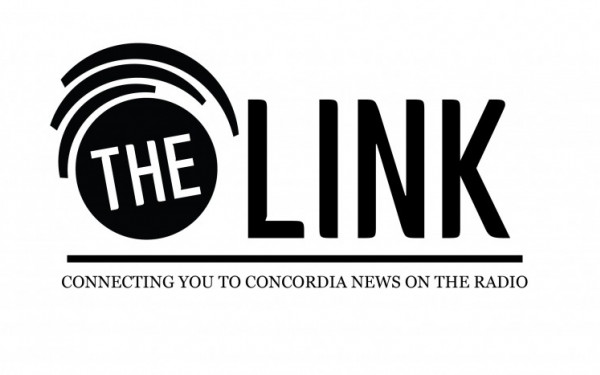‘Peanuts’
Concordia TAs Remain Among Lowest Paid in Canada
The union of Teaching and Research Assistants at Concordia ratified its first collective agreement with the university on Aug. 31, guaranteeing base salaries for Concordia TAs and RAs and solidifying the job descriptions of all three levels of TAs.
It’s a step up for TAs and RAs, who have been without a collective agreement since TRAC formed four years ago. Sixty-eight per cent of TAs present at the special general assembly and 100 per cent of RAs voted to ratify the agreement, which will take effect this fall.
But some argue not much has changed.
According to graduate student and TA Rushdia Mehreen, TRAC did “zero mobilization” before the general assembly. By her count, only 15 to 20 people showed up to vote.
“This sounds to me like a self-fulfilling prophecy,” said Mehreen, who is pursuing a master’s degree in urban planning. “[TRAC] basically said, ‘There’s nobody around so we won’t mobilize.’ It’s a ratification, a collective agreement that you’re signing for three years—do some damn mobilization!”
This agreement is a revised version of the proposal students rejected in January, one which would have actually decreased the wages of many TAs. The previous TRAC executive accepted and signed it, but union members roundly rejected it at a general assembly.
The new executive took office shortly after pushing for an election in February. Current TRAC president Thomas Leonard said he was motivated to join the organization, a local of the Public Services Alliance of Canada, by his anger about the “wretched” last agreement.
“I thought way too many people were losing money,” he remembered.
TRAC still didn’t accomplish all their goals, admitted Leonard, a Political Science Master’s student. The tentative agreement signed by the previous exec made it impossible to start from scratch, and TRAC fell short of two major goals: to set a minimum amount of work hours for TAs and to consolidate the two lowest levels of TAs so more would make a mid-level wage.
Concordia teaching assistants in most faculties are split into three “grades,” with pay scales to match: grade one are doctoral and master’s students and lead tutorials, grade two are teaching assistants who don’t lead tutorials and grade threes are markers and lab or class assistants.
Under the new collective agreement, pay ranges from $23.19 an hour for grade one TAs, all the way down to $10.45 an hour for undergraduate markers. Leonard said they wanted to eliminate the grade three classification and bring those students up to grade two wages.
“[The university] wouldn’t budge on that because that would be a huge increase in funds they would have to produce,” Leonard explained.
“If you want to attract students, then $23.19 an hour isn’t going to do it,”
—Thomas Leonard,
President of TRAC
Mehreen said TRAC placed too much importance on ratifying the agreement in time for the fall semester.
“This agreement will last for three years,” she said. “Even if we had missed one semester, it wouldn’t have been a big deal. We could have taken this extra time to negotiate a more robust agreement.”
Concordia’s highest paid TAs are compensated about a dollar per hour less than McGill’s, the highest paid in Quebec.
But all Quebec TA wages pale in comparison to their counterparts in the rest of Canada; the University of British Columbia’s highest level TAs are paid $29.54, while Ontario schools like Queen’s and the University of Toronto pay $36.40 and a whopping $38.76, respectively.
Chris Mota, Concordia’s director of media relations, said comparing Concordia to universities outside Quebec was “not doable,” citing Quebec schools’ lower funding.
“Recruiting and retaining and being able to properly support our graduate students is a problem,” she said. “I wouldn’t say we’re struggling—there are still people that will come here despite that because of a particular professor or program—but it is a real challenge if we can’t offer what other universities can.”
Mota said Concordia would be launching a “comprehensive capital campaign” within the next six months to a year.
“Fortunately, we’re still getting top-flight students,” she said. “But for how much longer, if this gap keeps widening?”
The university states in the TA and RA collective agreements that the availability of such positions is meant to be an incentive for enrolment.
“If you want to attract students, then $23.19 an hour isn’t going to do it,” said Leonard. “And if you’re just a grader, I mean, it’s shit. I wouldn’t do a grader TAship. It’s peanuts. Might as well work at a bar.”
This article originally appeared in Volume 31, Issue 04, published September 7, 2010.

__700_467_90.jpg)

(WEB)_600_375_90_s_c1.jpg)
less_pink_copy_600_375_90_s_c1.jpg)

__600_375_90_s_c1.jpg)